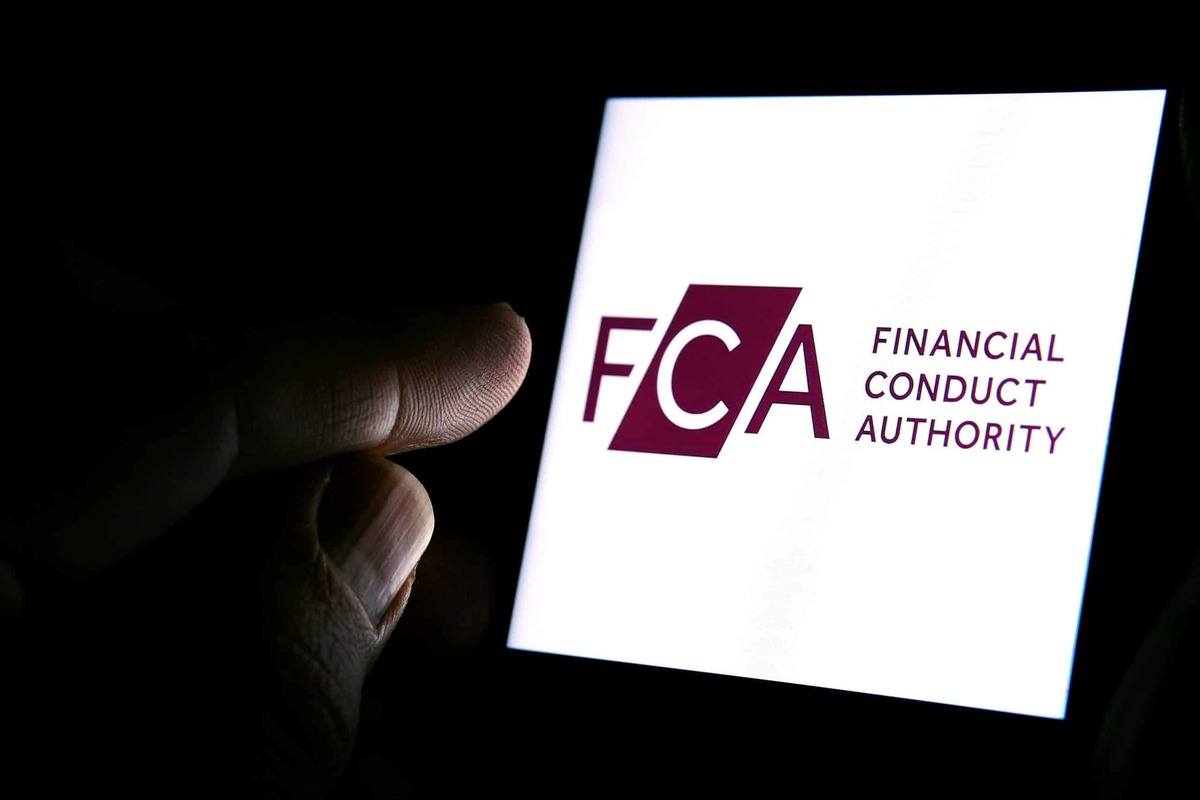
FCA Warns Against Poloniex Amid Hacking Incidents
The Financial Conduct Authority (FCA) of the United Kingdom has included the cryptocurrency exchange Poloniex on its list of unauthorized companies that require caution.
Four hackers have compromised the Seychelles-based exchange, one of three businesses owned or affiliated with entrepreneur Justin Sun, over the past two months.
The advisory to Poloniex was made available on the website of the FCA on December 6. It states that “firms and individuals cannot promote financial services in the United Kingdom without the appropriate authorization or approval” without providing an explanation.
Additionally, the FCA advises the public not to rely on financial law protection when conducting business with unauthorized entities. Since 2020, the FCA has received 291 applications from crypto companies seeking registration, of which only 38 have been approved, as the regulator disclosed in August.
It declared in October that 140 cryptocurrencies, including KuCoin and HTX, were among those included on its warning list. Since then, PayPal UK has been the only entity that the regulator has authorized. On November 10, Poloniex was the target of a $100 million cyberattack.
The platform “mostly completed” its restoration efforts by the end of November, according to the company, and was preparing to resume withdrawals and deposits at that time.
The organization reinstated deposit and withdrawal capabilities on December 5 for the following cryptocurrencies utilizing the Tron network USD Coin (USDC), Tether (USDT), USDD (USDD), BitTorrent (BTT), WINkLink (WIN), ApeNFT (NFT), Sun Token (SUN), Just (JST), and USD Stablecoin (USDJ).
The gradual resumption of deposit and withdrawal services for additional cryptocurrencies on the platform is stated in the platform’s official statement. Justin Sun, the founder of Tron, is also the owner of HTX, a cryptocurrency exchange that was formerly called Huobi.
Four breaches have occurred on Sun-linked platforms over the past two months. A hot wallet compromise in late November cost HTX an additional $30 million, in addition to the $8 million lost in September.
Simultaneously, hackers compromised HTX’s HECO Chain Bridge, a utility for transferring digital assets between HTX and other networks such as Ethereum, and transferred at least $86.6 million to suspicious addresses.
